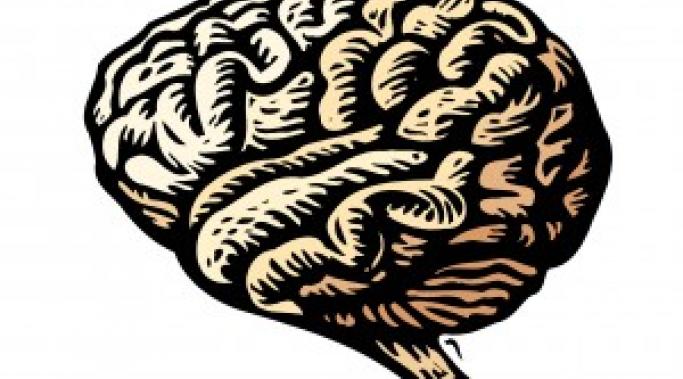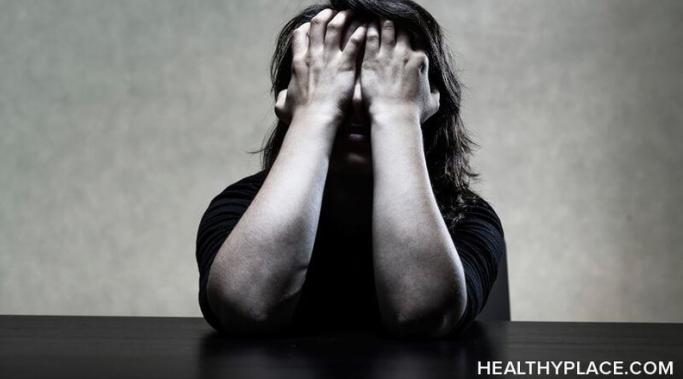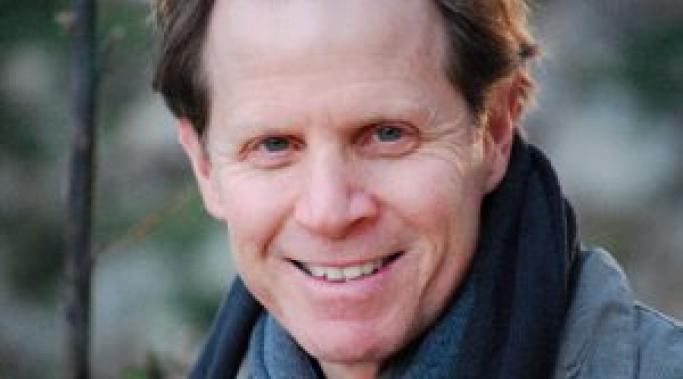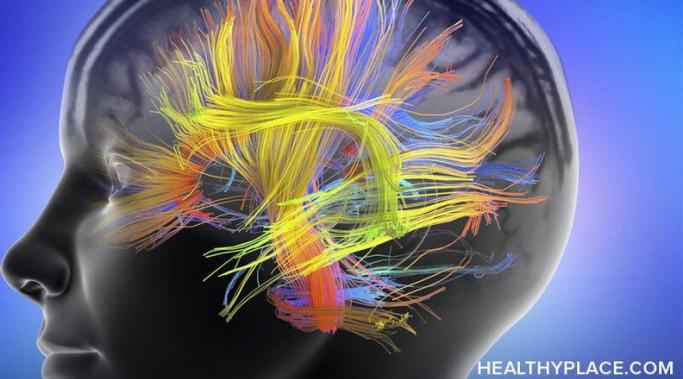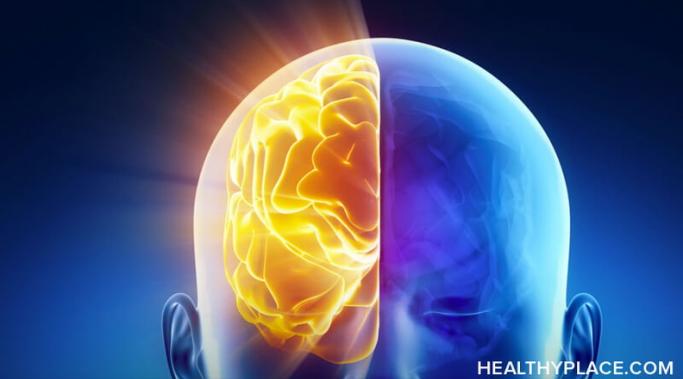PTSD recovery, how to begin? To me, the most powerful way to engage in your recovery starts with education. That's why tonight I'm offering a free webinar about "How Trauma Affects Your Brain" (sign up by clicking the link for more info and to receive the replay later).
For one full hour I'll offer the inside scoop on the brain changes you can expect (or probably already experience) after trauma and with PTSD, plus answer your personal questions. You can sign up for this PTSD webinar here.
In addition to brain changes, if you have symptoms of the new PTSD criteria you probably live in a world of fear, anxiety and the expectation of danger. How do you begin shifting the balance toward calm, confidence and control? Reclaiming a sense of safety can add terrific strength to your daily coping and overall approach to recovery.
PTSD Symptoms
How trauma affects your brain is a HOT topic in the posttraumatic stress disorder (PTSD) world. Especially recently as neuroplasticity (the ability of your brain to change) becomes even more recognized and accepted as a law of brain function. Now, practitioners around the globe are understanding that while trauma can change your brain, other experiences can change it again.
In fact, one of the most exciting implications of neuroscience in the past decade is that your brain is always changing in response to experience. Healing, then, becomes more imminently possible than ever. Why? Because you can create experiences that help your brain change daily.
While PTSD recovery spans a slew of areas and requires many choices and actions; I’m always looking for ways to chunk down the work so that it’s more manageable. Recently, I spoke with trauma expert (and survivor of childhood sexual abuse) Bill O’Hanlon about his ideas for three simple ways to help you thrive after trauma.
While you will have your own unique healing timeline, O’Hanlon suggests powerful areas to develop that will both deepen your healing and strengthen your ability to move forward. In sharing the general concepts I’m adding my spin to their definitions so that you can conceptualize the ideas, imagine applying them to your healing process and have some simple steps to get you started.
So many times I've heard civilians say, "You mean, major trauma that leads to PTSD happens outside of the military?" The answer, of course, is a big, resounding, YES! The problem is that we don't have enough sources demystifying trauma and PTSD so that it's easy to see where it comes from and how it happens (Finding Meaning in Trauma and PTSD).
One of the biggest problems in my PTSD experience and my recovery from PTSD was how fragmented I was and felt. Do you know what I mean?
It seemed like I had slivers of memories, a shattered sense of self and random sprinkles of what it meant to live a healthy, 'normal' life.
Healing PTSD, to me, became finding a way to pull everything back together. It meant re-integrating who I had been with who I had become, with who I wanted to be. (PTSD and Integration: The Path To Healing) Whew, that was a big job! And back then, I didn't have the benefit of Dr. Daniel Siegel's input - but you can!
The beginning of my PTSD recovery looked like this:
Force me to go to therapy for one hour, once a week.
I show up and expect the therapist to do all of the work.
For the rest of the week, I pretend there’s nothing else to do and just try to limp through the days coping with symptoms of PTSD.
Why did I pretend there was nothing else to do? Because if you’ve ever, for a second, struggled with the effects of trauma or PTSD, you know what it feels like to be sleep-deprived, depressed, emotionally volatile, powerless, hopeless and sometimes, just downright utterly despondent. In that state of mind, I often believed there was no way to save me. I was crazy and would remain so forever.
Ever been caught off guard with quick and shallow breathing, increased heartbeat, foggy thinking or sweaty palms? Most likely that's because an unconscious thought has gotten loose and is wreaking havoc in your body. Your PTSD symptoms were triggered, and you couldn't stop your body's response, and none of that is your fault. But you can reduce these bodily responses by becoming more mindful of your thoughts.
We know that trauma affects the brain. Science has proven that. Yet, have you ever had someone say to you any of these things:
"PTSD isn't real; it's all in your head."
"Just get over it already!"
"Only veterans get PTSD."
I speak all over the country about PTSD symptoms. Mostly, these audiences are comprised of civilians: survivors, caregivers and healing professionals. Sometimes, too, there are people who have no PTSD connection but have been invited to hear the presentation. Inevitably, whether it's before the presentation has started or after it has finished, someone addresses me to say some variation of one of those three things (on a really awful day, all three!).
Why don't people get what it means to struggle with PTSD?
Living in the chaos of PTSD symptoms and post-trauma haze can make you very self-centered. Know how I know that? I used to be like that! It's hard to cope on the inside and still be sensitive to others on the outside. Heck, it's tough to be miserable and do anything that would make someone else happy.
One U.S. Marine + One Guitar = Big Impact
When was the last time you did something nice for someone else? Last week, on Changing Direction, I interviewed U.S. Marine, Markus Fox, about how his guitar and music helped his platoon during a particularly difficult night in Iraq. They had lost the first two casualties since their deployment and the platoon was very upset. Markus took out his guitar, sat on the back step of a truck and invited the other soldiers to pull up their stools while he played a tribute to their fallen brothers. The results of this simple, selfless act during a time of trauma were enormous.
Still, there are a couple of problems with the PTSD self-centered lifestyle. Let's take a look...
Radical acceptance means complete and total acceptance of something, accepting reality, and is a key component of Dialetical Behavioral Therapy.
Yesterday, I listened to an interview with Marsha Linehan, the creator of Dialectical Behavioral Therapy (DBT). If you aren't hip to the help DBT can offer, you might find some new ideas here.

